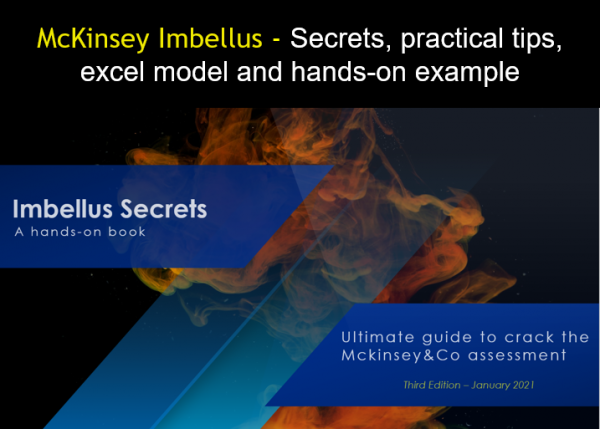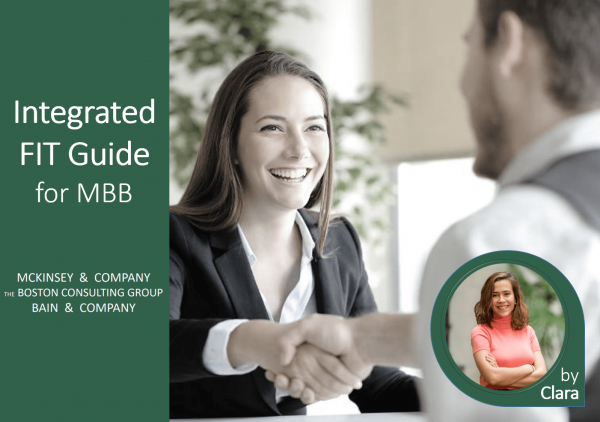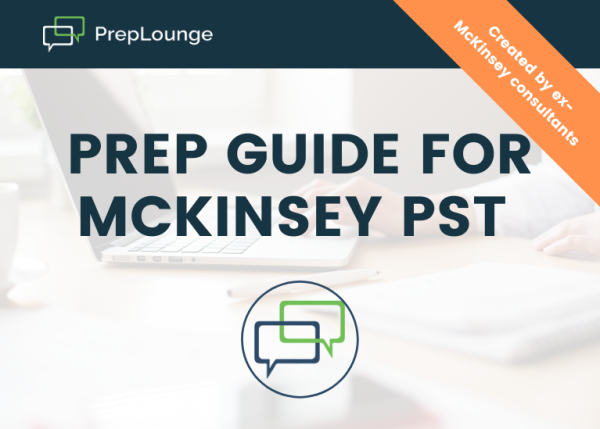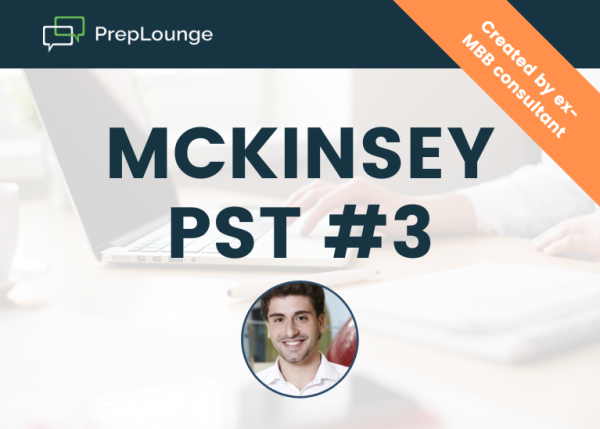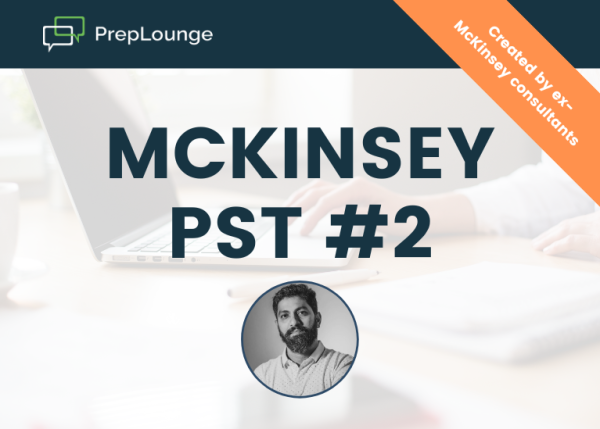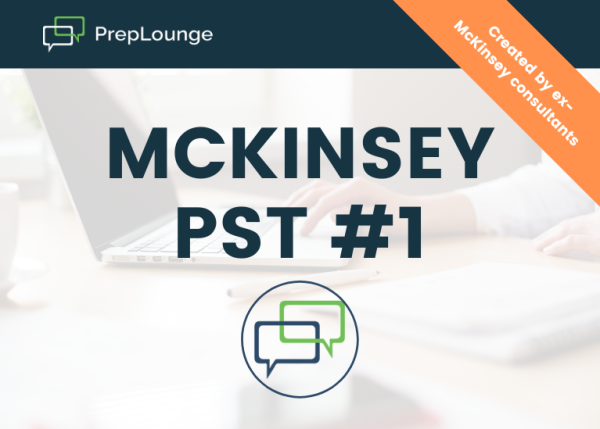Hi,
In the final round, I would expect a bit more structured and demanding approach to the fit part. The partners in the last round are more experienced and they will challenge every single detail of your story. So make sure that you have a couple of backup stories. Thus:
1) Make sure that you've prepared everything: A story about yourself, motivational questions and the main FIT stories. Also, don't forget about your questions to the interviewer - you'd rather have an interesting conversation and score some point instead of a simple Q&A session
2) Then go through each story and think of the additional questions the interviewer may ask. It’s important since additional questions will take up to 50% of the interview. Try to remember the main details and facts and make sure that you know how to explain the key concepts quickly. Test your stories with your friends, ideally consultants, and ask for their feedback. There can be multiple groups of additional questions:
- The interviewer may be interested in details about the context
- He may want to check whether this was your effort or more sort of a team effort.
- “Have you faced any difficulties while implementing your solution?”- Typically an interviewer would like you to tell him how you’ve overcome those difficulties.
- Your interviewer will check how real your story is. You should be ready to provide even more granular actions, key milestones and a breakdown of potential effects.
3) Now work on 3-6 backup stories. During your interviews, you can then use these stories or adapt these stories to the additional questions your interviewer asks you.
You may be interested, why you need to prepare several stories for each question? At the end of the day, it's not that easy to come up with all of these stories. I've answered here: Repeating Fit Interview Stories
As for the cases - Partners and Directors have their own favorite cases and may even want you to lead the case. The key difference:
- You ask clarifying questions in the beginning and make a structure
- You lead the case through the structure you've prepared a) asking questions and trying to identify the root-cause of the problem in the branch of your structure b) making a transition to the next branch c) proactively calculating the data and making data-driven conclusion from the data they give you d) Making a conclusion when they ask you to finish a case
It may seem to you that these 2 types of cases are different, however, the interviewer-led type is just a simplified version of the interviewee-led case. My advice is to always prepare in the interviewee-led format so that you could solve both easily.
Best





